Infectious Disease Experts Say How to Avoid COVID During Surge
Avoid infection and the risk of debilitating Long COVID.
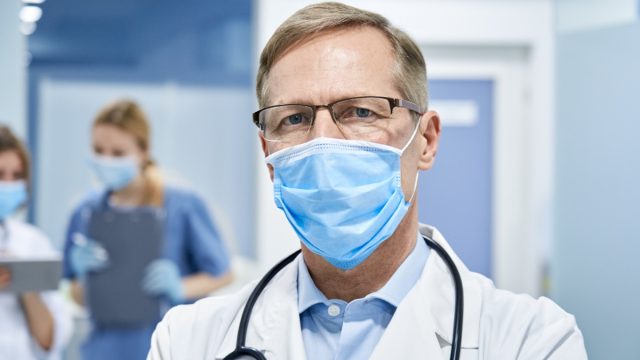
COVID-19 is old news, but it’s still a clear and present danger. Cases have been surging nationwide during late summer, and although they’ve plateaued somewhat, experts expect another surge as cold weather sets in. They emphasize that it’s important to do what you can to avoid contracting the virus—older and immunocompromised people are still at risk of severe illness, and even if you’re young and generally healthy, every COVID infection carries the risk of debilitating Long COVID. Here’s what seven infectious disease experts say you should do to keep yourself safe during this season’s COVID surge.
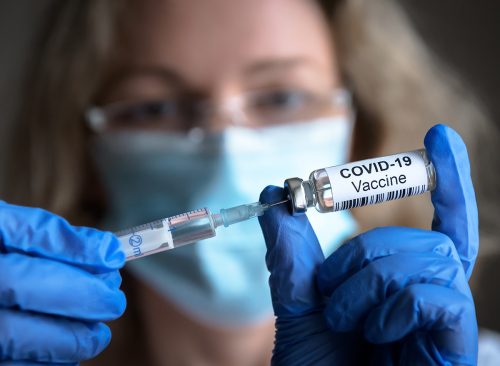
The CDC recommends that everyone older than six months get an updated COVID vaccine this fall. “This vaccine is not a booster. This is updating your immunity to a new variant,” said Dr. Carlos del Rio, interim dean of the Emory School of Medicine. “These vaccines are really good at protecting you against severe disease, death, and hospitalization, especially people with higher risks.” You can get this season’s updated flu vaccine at the same time.
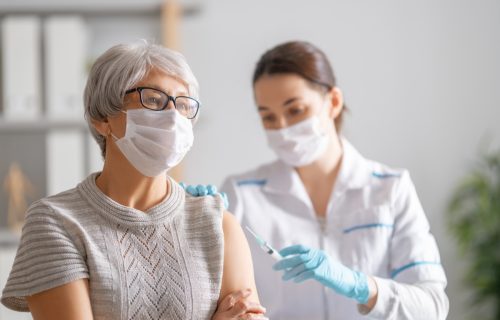
If you’re older than 65 or at increased risk for severe illness from COVID, get the updated COVID vaccine now, advises Dr. Katelyn Jetelina, author of the newsletter Your Local Epidemiologist. One exception: If you’ve recently been infected with COVID, wait three to four months after that infection—but not more than six months.
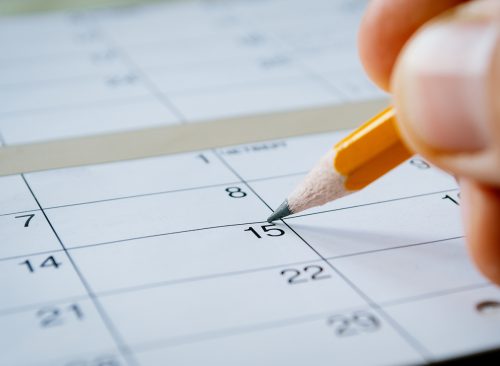
If you’re younger than 65 and not at high risk of severe COVID, “Ideally, get vaccinated once a winter wave starts taking off,” says Jetelina. “Getting it by Halloween is a good bet. This is what I will be doing with my family.”
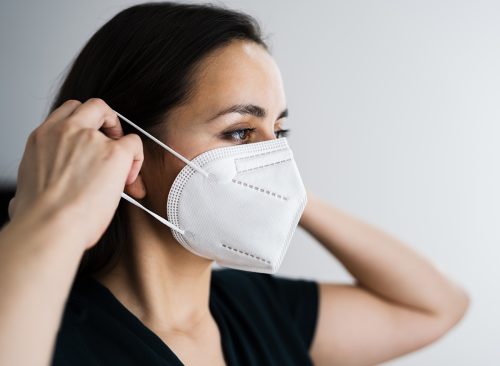
“Just like you would have an umbrella available in your car, have a mask in your car, in your backpack or whatever you carry, so you have one if you need it,” advises Dr. Jodie Guest, senior vice chair of the department of epidemiology at Emory’s Rollins School of Public Health. “Each of these tools—vaccines, testing, masking, staying home when sick—help us live healthy and full lives with COVID still around but not disrupting our lives the way it did in the first couple of years of the pandemic.”
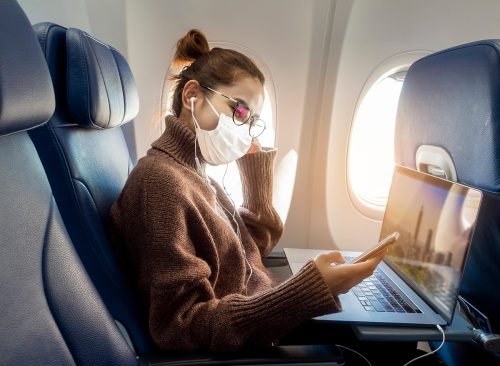
“There actually was a bit of time in the spring when I did get on an airplane and didn’t wear a mask, and then starting in the summer, I did start wearing them again,” said Guest. These days, “I would not travel and be in an airport right now without having a mask on,” she said.
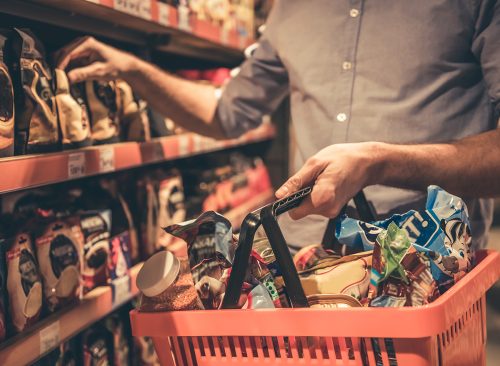
What about masking for longer periods in everyday situations, like during a trip to the grocery store? “What I would recommend is that everybody do their own risk assessment,” said Dr. Jason Bowling, an epidemiologist with University Health in San Antonio, Texas. “If you’re at high risk for complications or severe illness from COVID-19—meaning if you’re over 65, if you have underlying medical illness, if your immune system is compromised for medications or underlying illness—I would recommend wearing a well-fitted, high-quality mask. If you’re going to go into a large, public, crowded setting, I would definitely consider that, because there are going to be people in that setting who have minimal or asymptomatic COVID-19 that potentially transmit to you.”

“Restaurants and gyms are my sort of two highest-risk categories. I think we saw that early in the pandemic, and I don’t think anything’s changed, because both have the potential to be poorly ventilated spaces where people are often not wearing masks,” said Dr. Thomas Russo, chief of the infectious disease division at the University at Buffalo, who called restaurants an “Achilles heel” of COVID risk. Russo said he ate in indoor restaurants earlier this summer when case numbers were lower, but he’s paused that until he gets the updated COVID vaccine.

“In general, I avoid large group events where I don’t know anyone, particularly if a lot of children or young people are present,” Dr. Elizabeth Connick, chief of the infectious diseases division and professor of medicine and immunobiology at the University of Arizona, recently told the Washington Post.
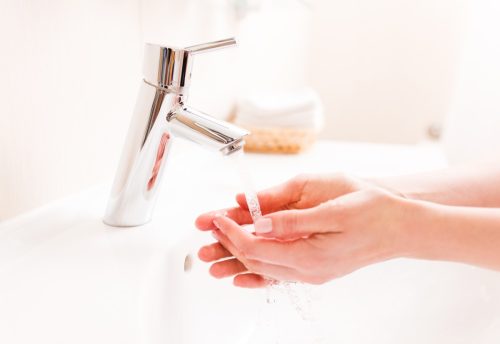
“I think the pandemic has forever changed how I feel about hand hygiene—I’m sanitizing quite often when out,” said Dr. Katie Lockwood, a pediatrician with the Children’s Hospital of Philadelphia, earlier this month.
RELATED: Surprising Signs You’ve Already Had COVID
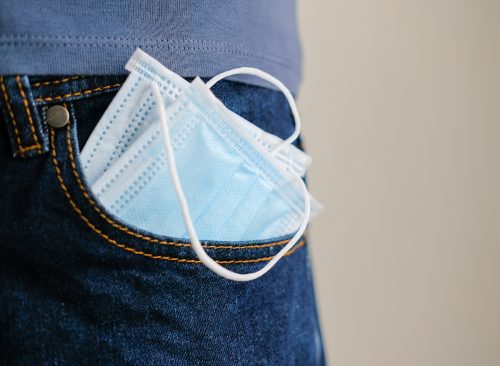
Even if you’ve been previously vaccinated or had a COVID infection, it’s still important to avoid contracting the virus again and to get the new vaccine, experts say. “Repeat infections may be more severe than the prior infections you had or could lead to a case of long COVID-19, even if you haven’t had that before,” says Bowling. “So it’s important for everybody to get protected with the vaccine to really reduce the risk of these worst-case outcomes with COVID-19 infection: ending up in the hospital or dying or developing long COVID-19, and vaccines can help protect against those risks.”














